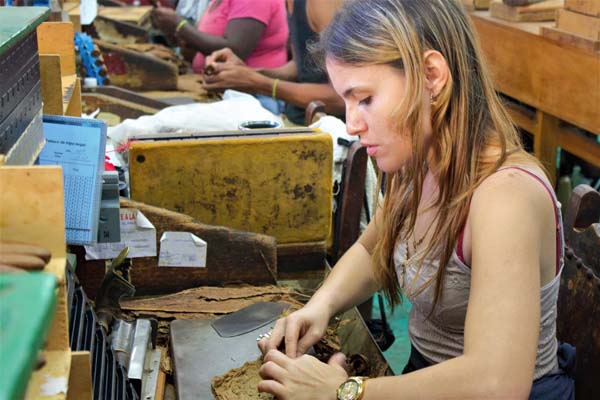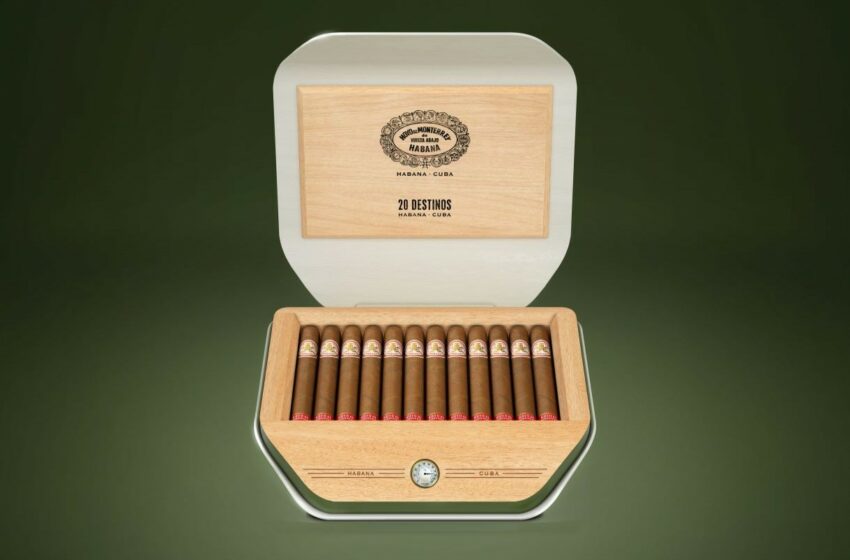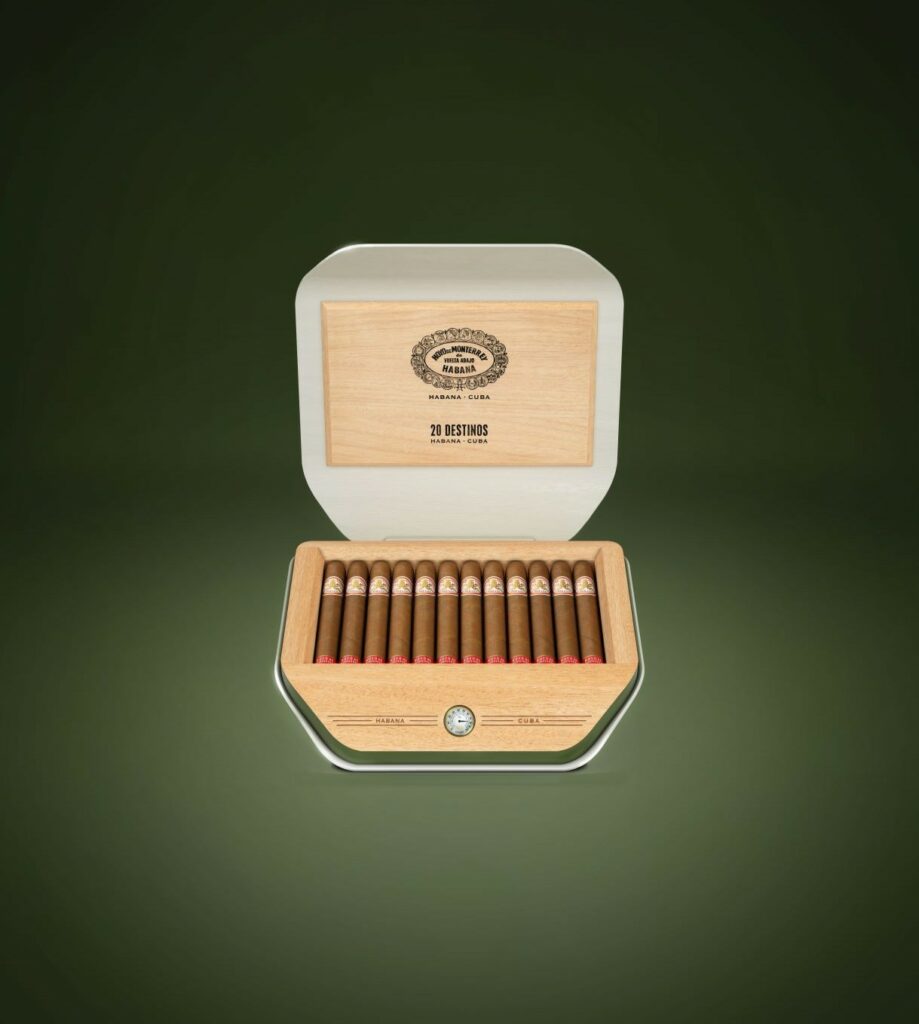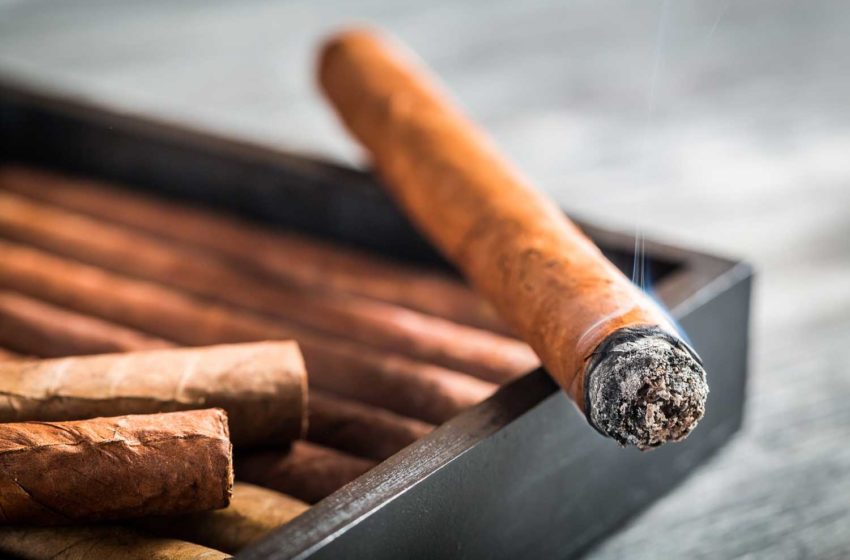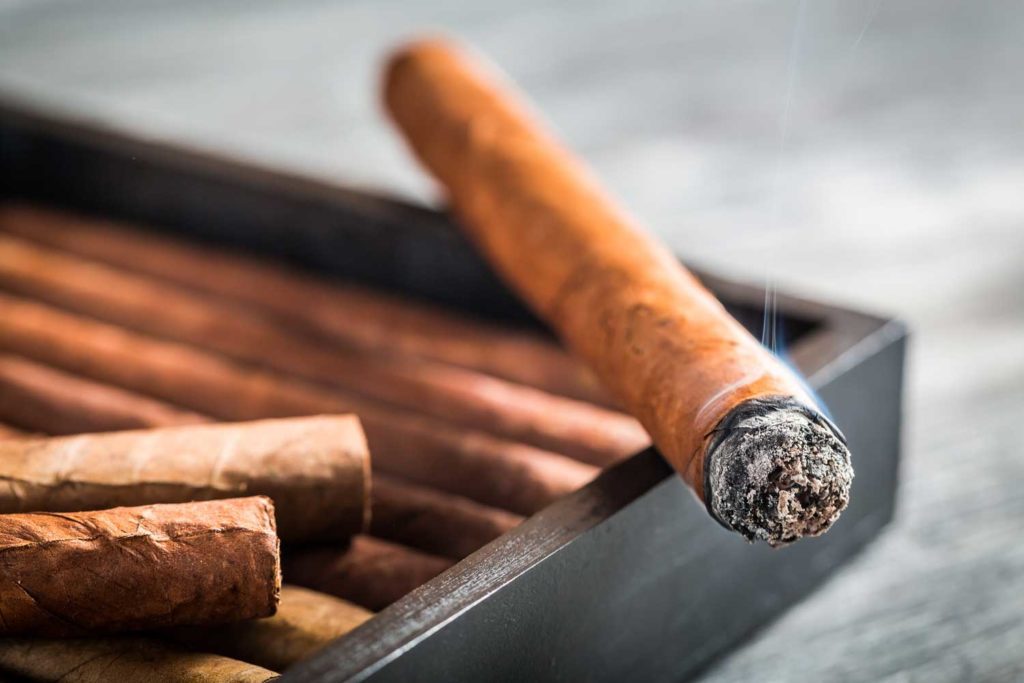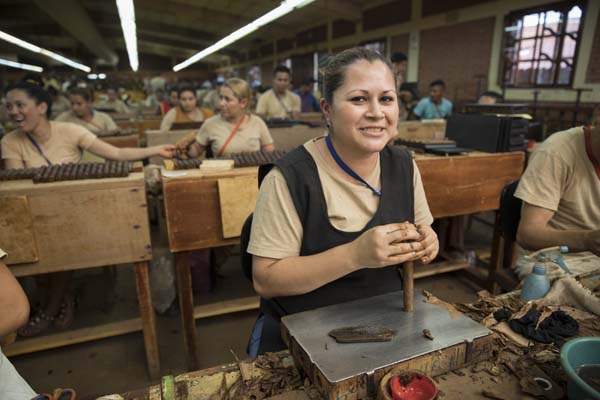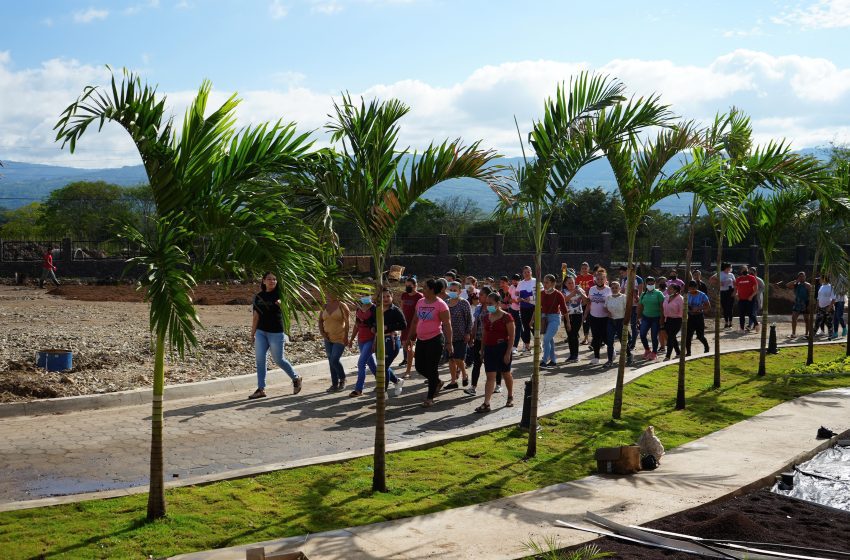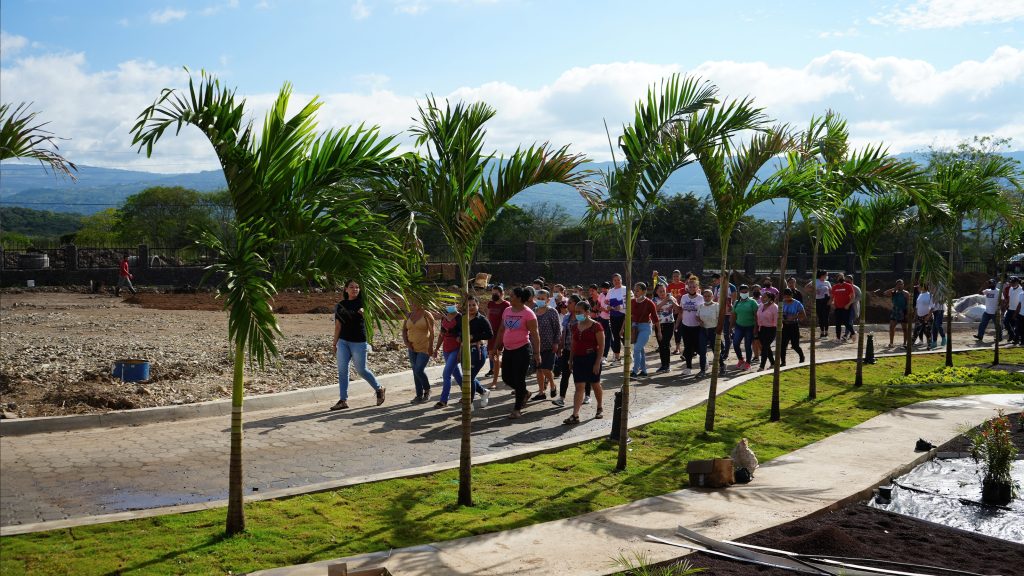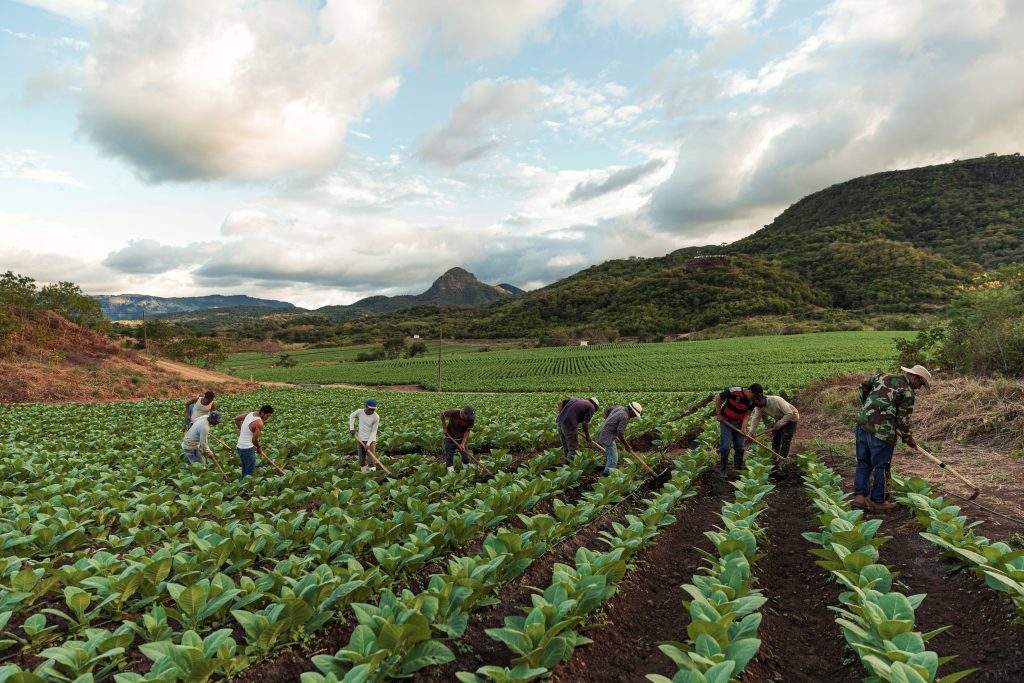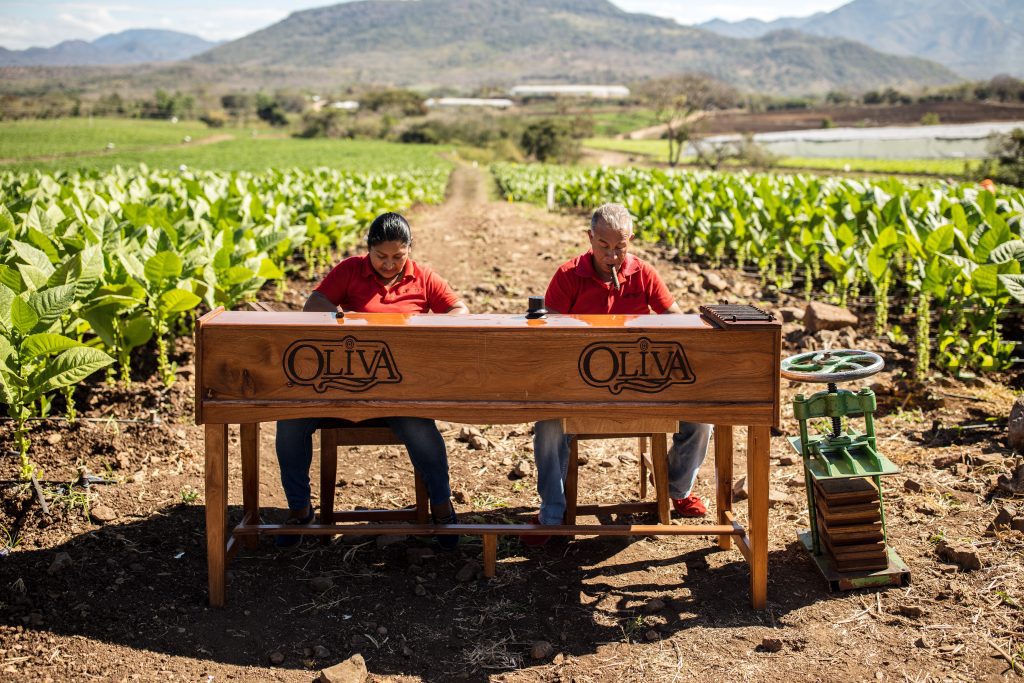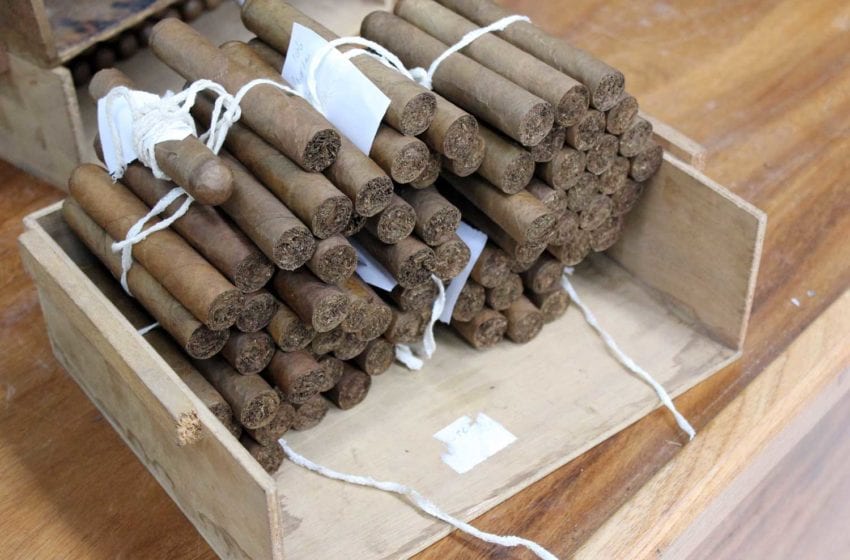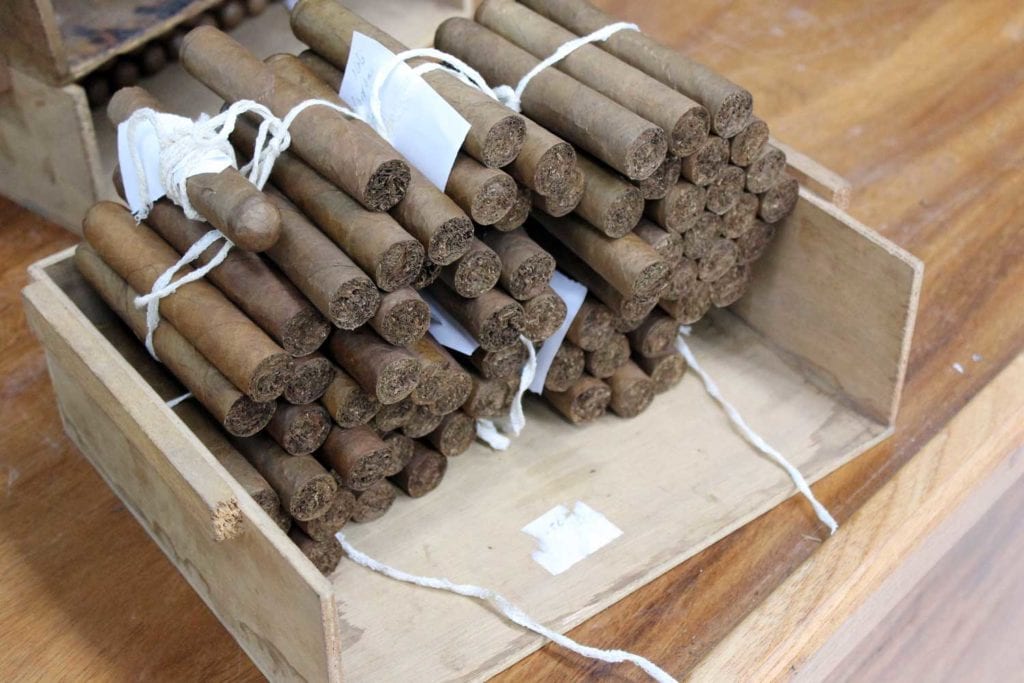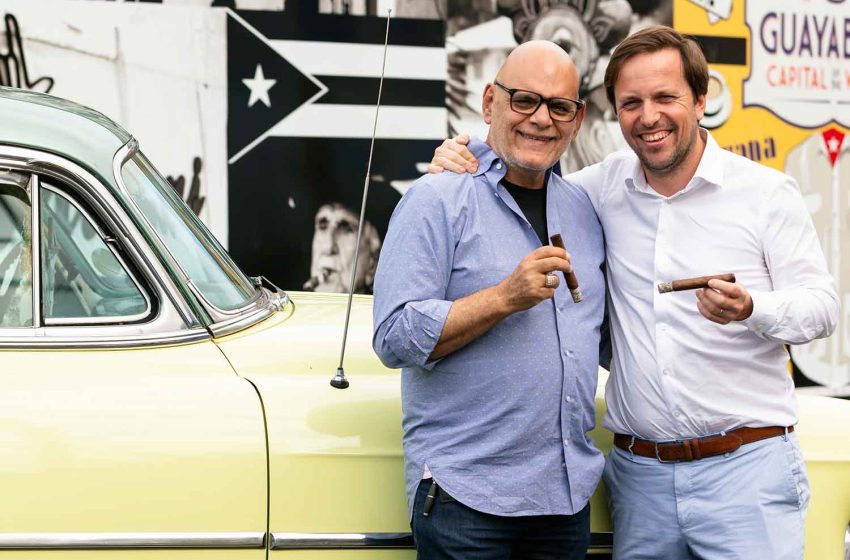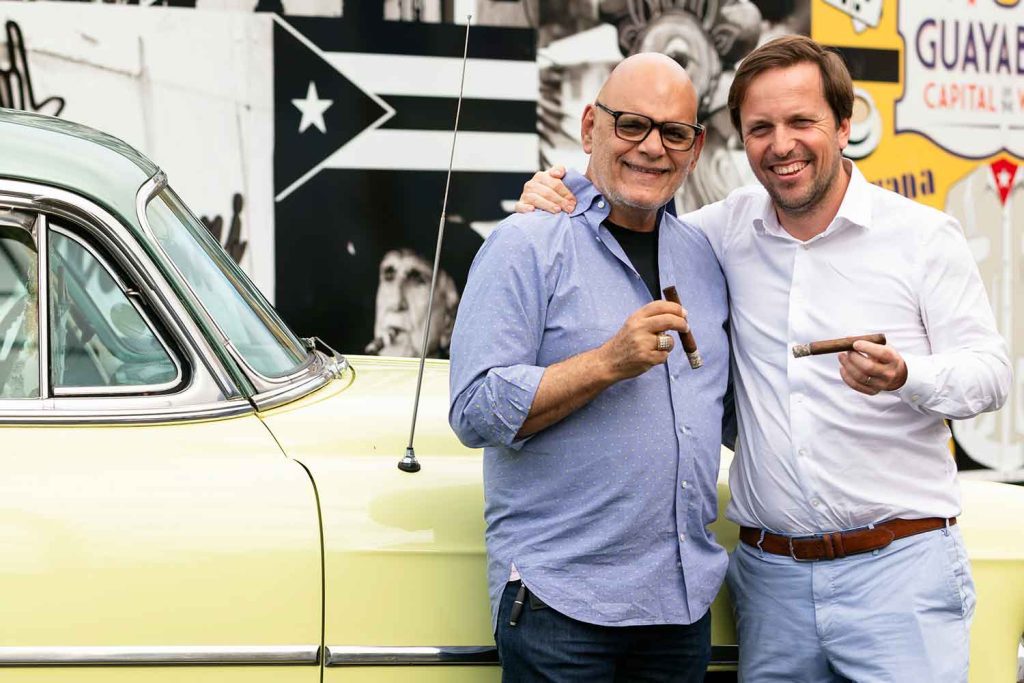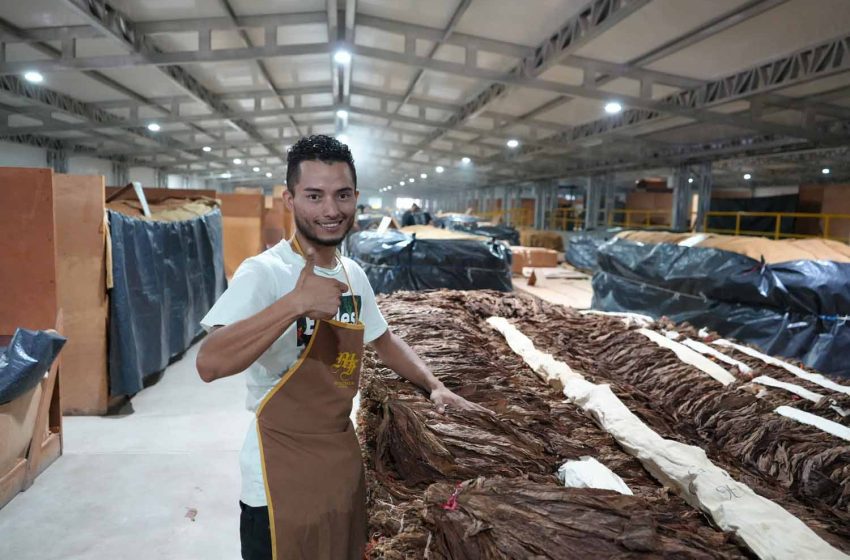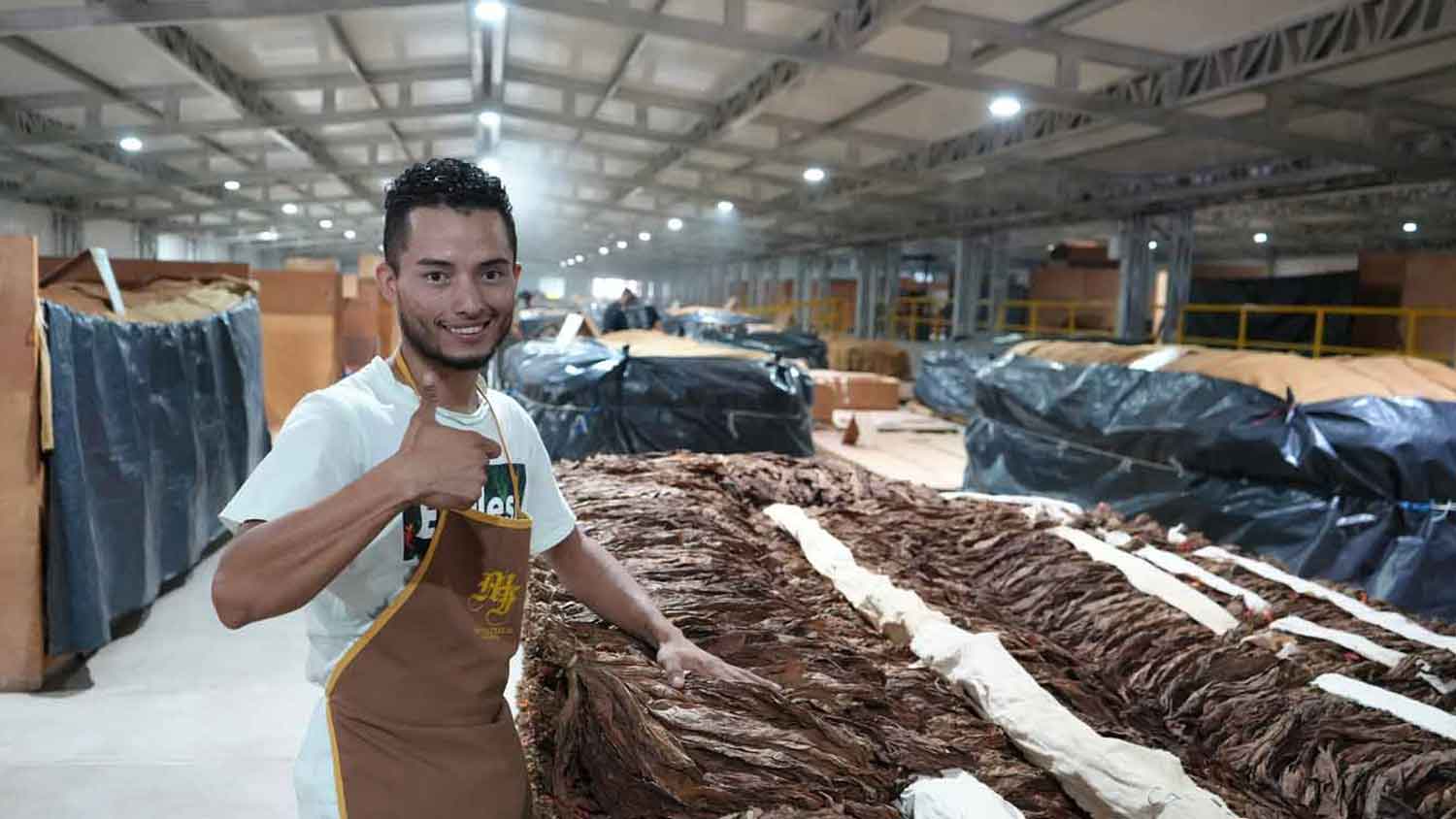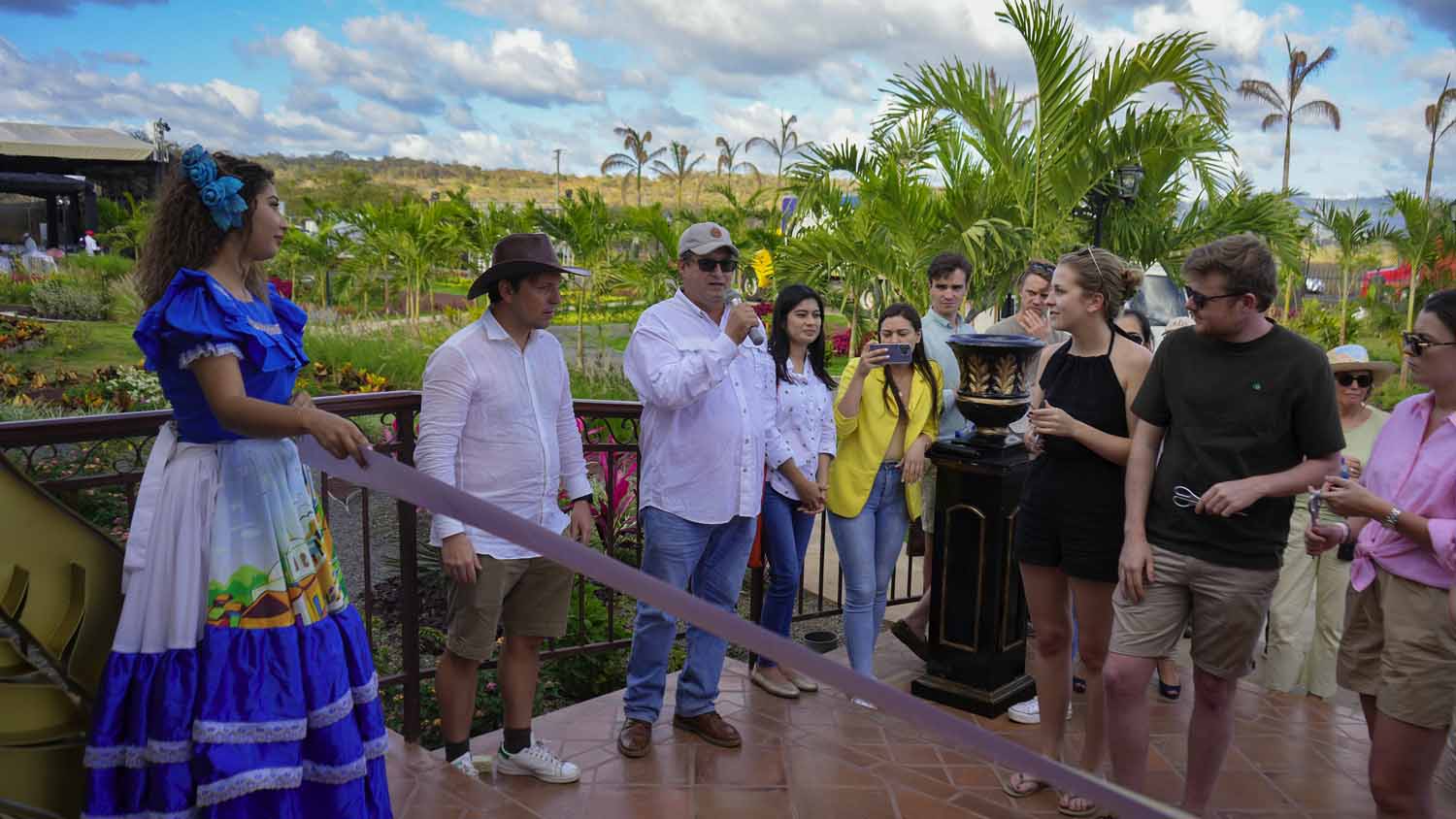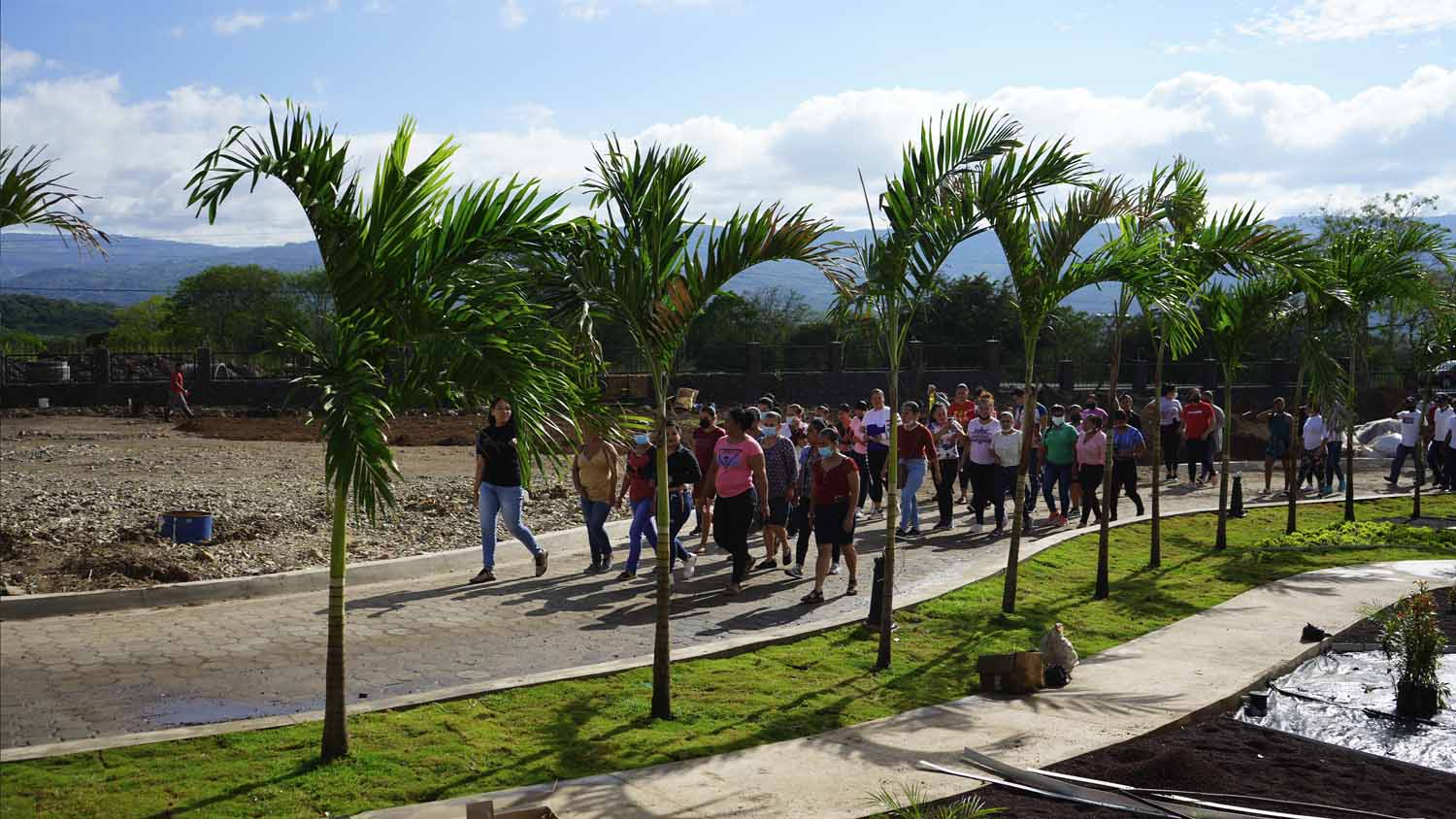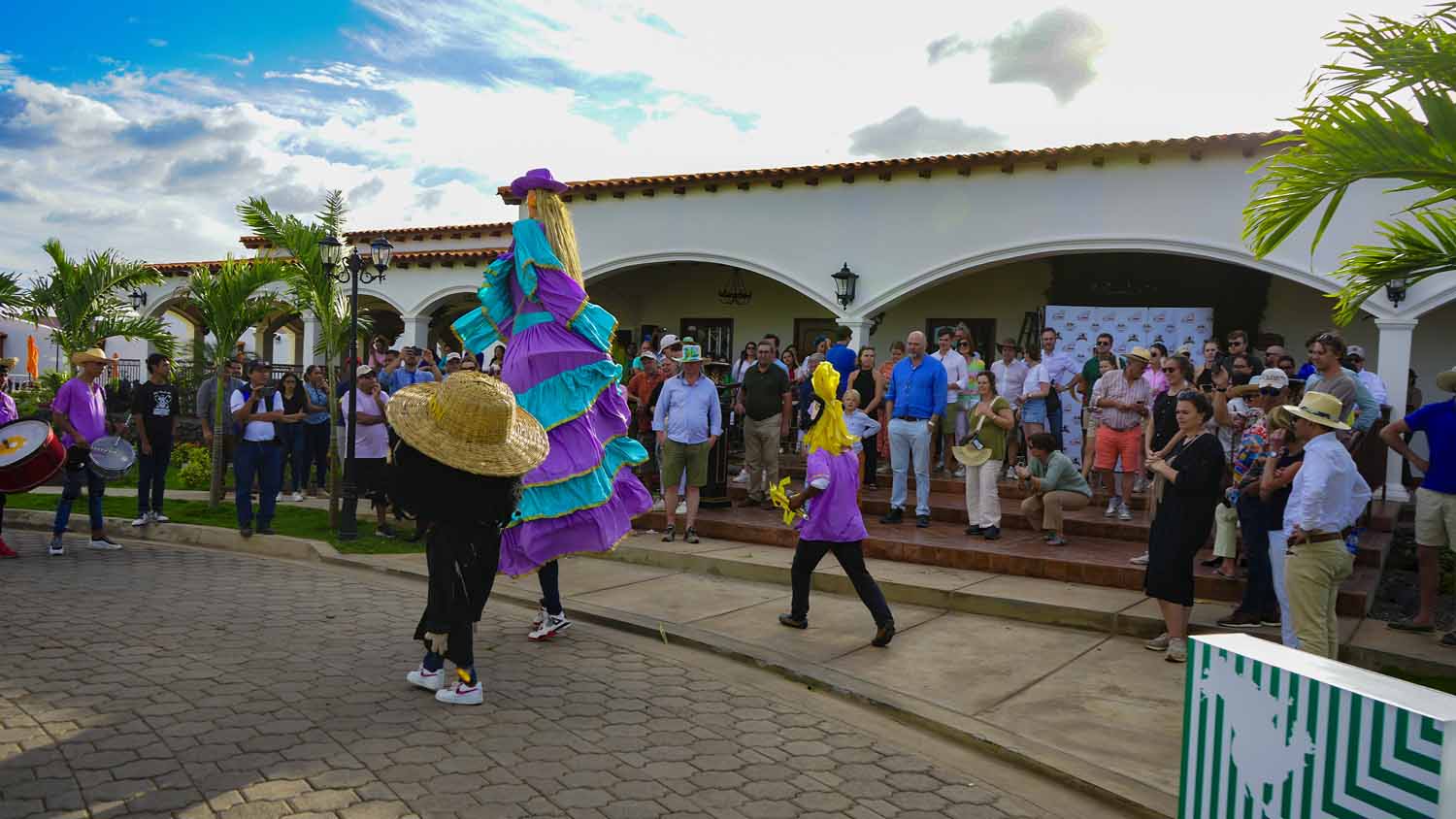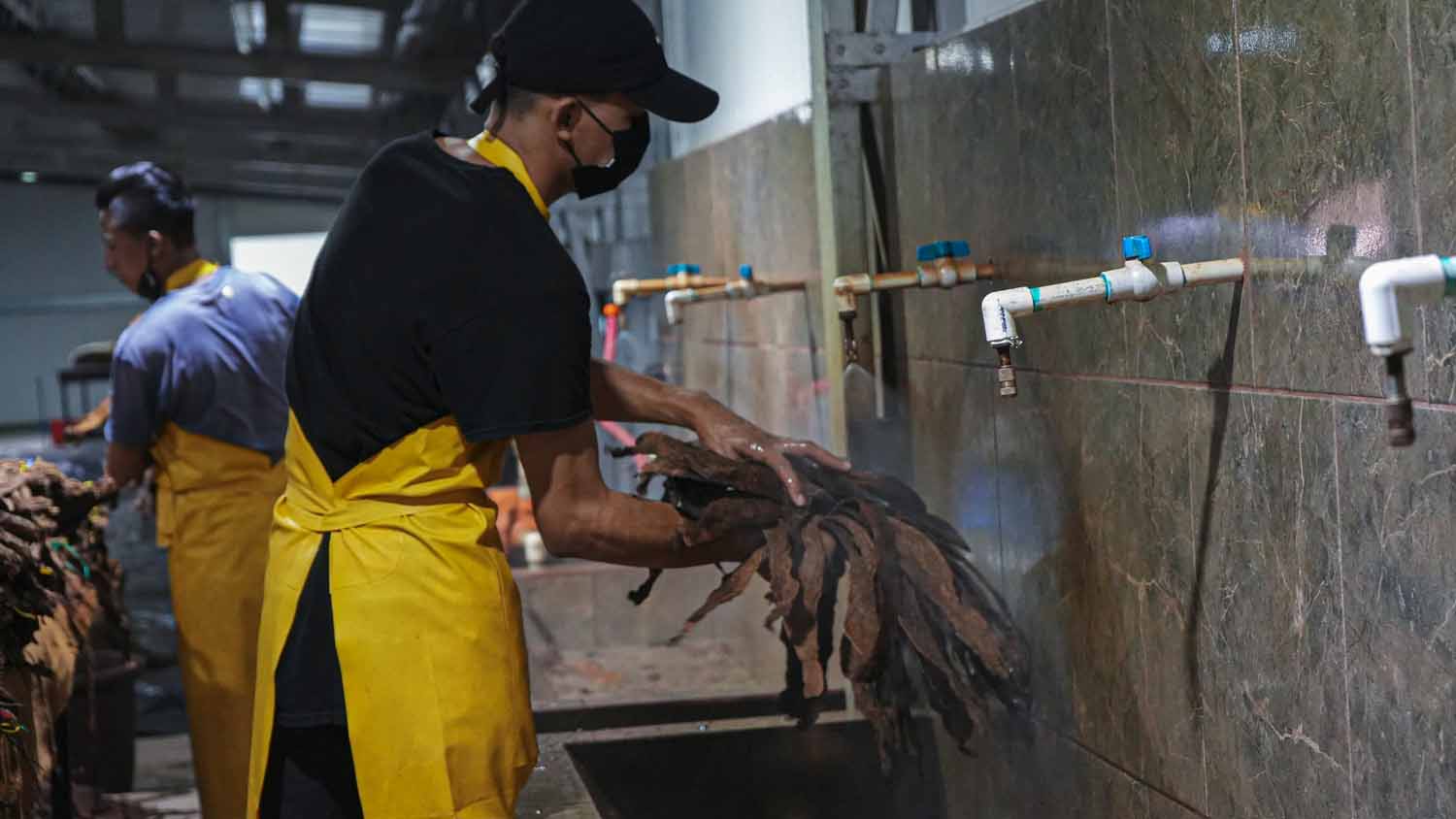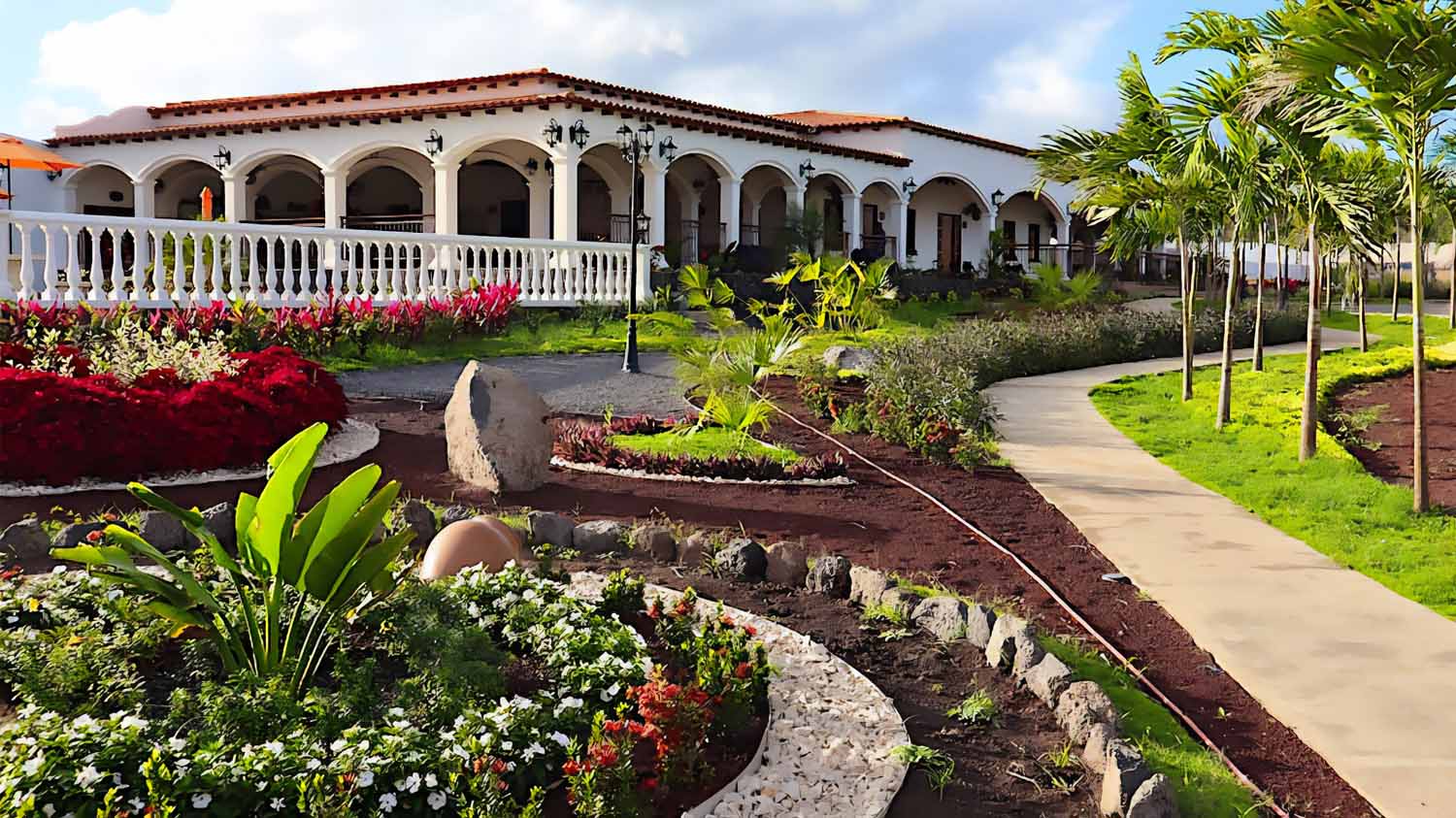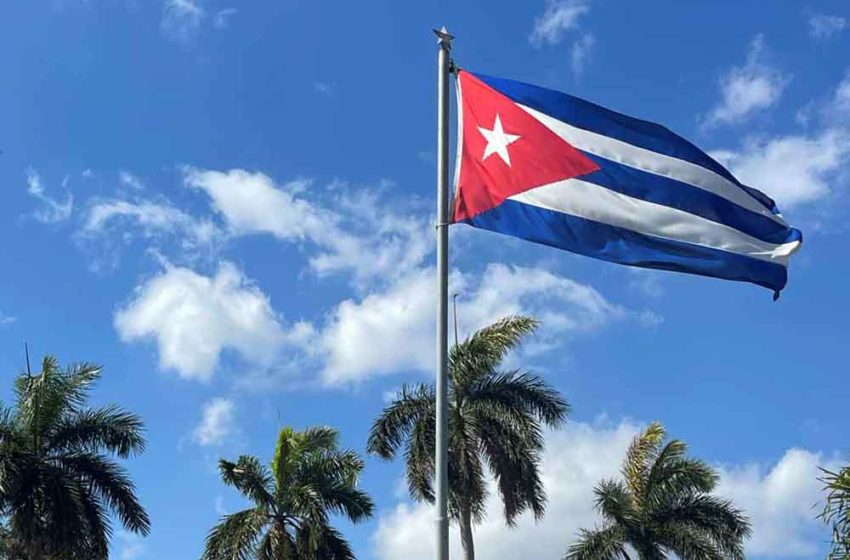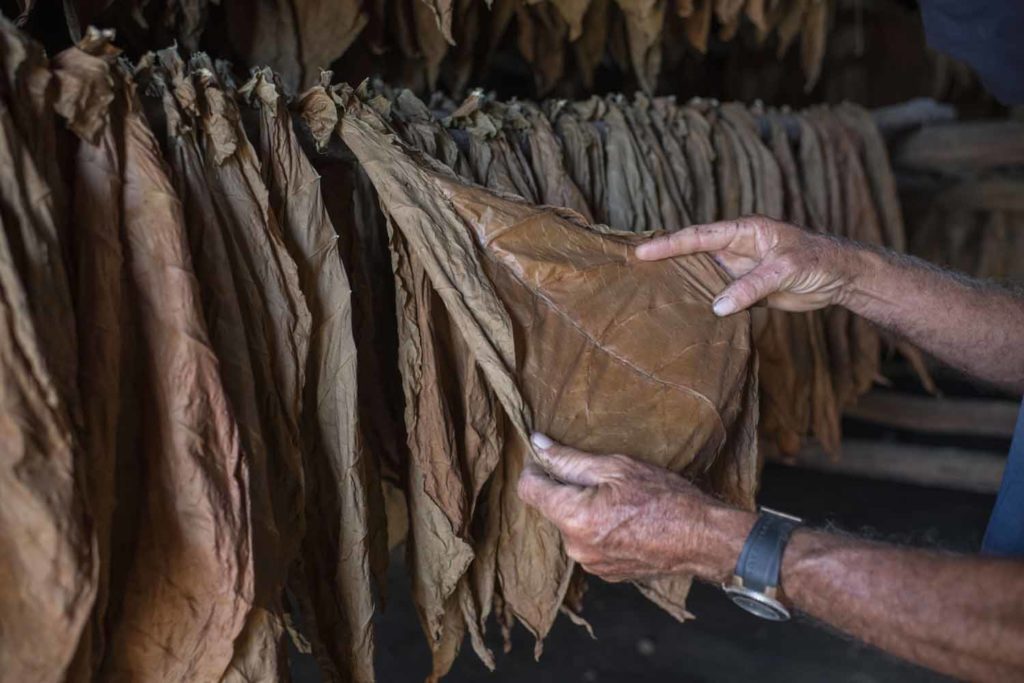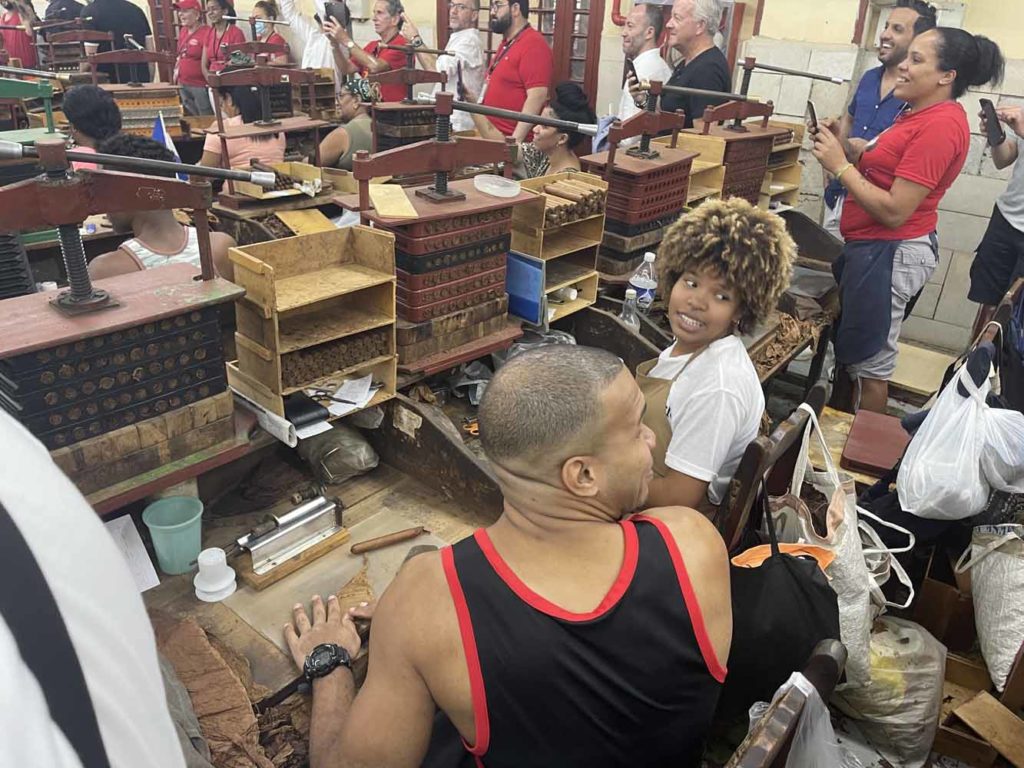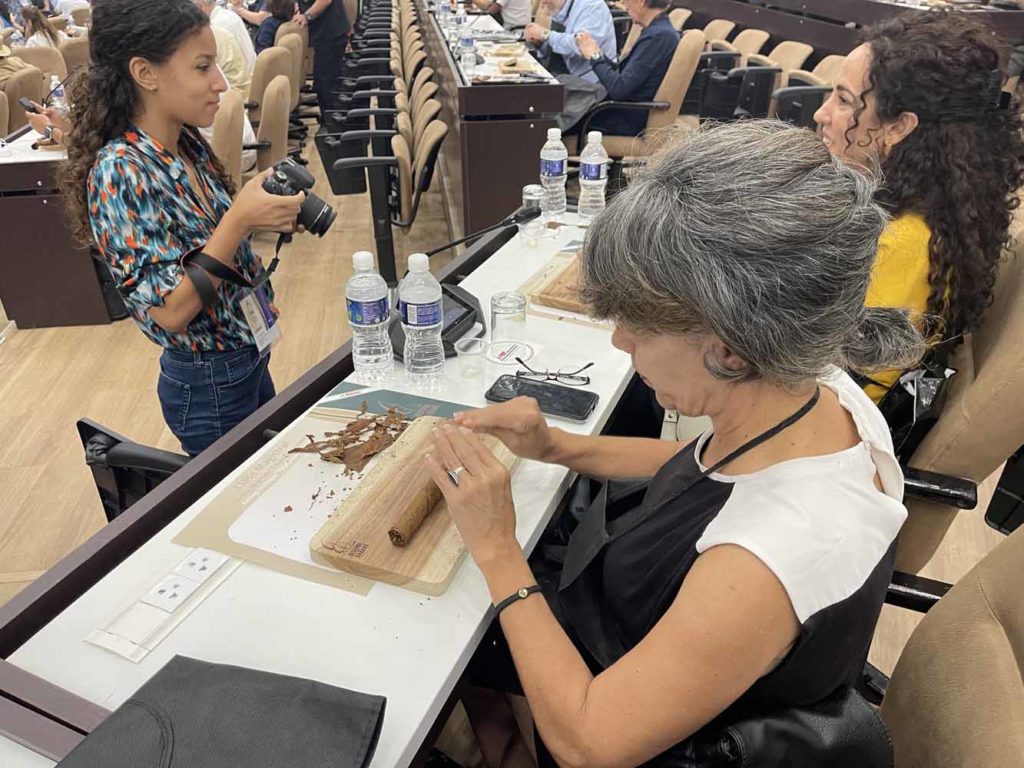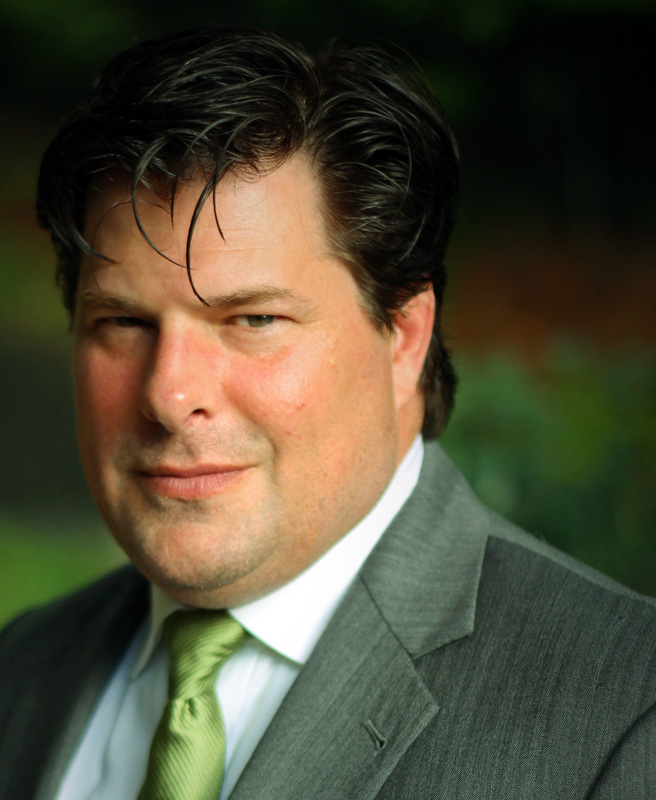In 2022, Habanos generated $545 million in revenue, nearly 2 percent more than in 2021. Habanos reported a turnover of $568 million in 2021 (Habanos did not define its 2022 turnover, only revenue), up 15 percent growth over the previous year. The company’s largest markets for cigar sales are Spain, France, Germany, China and Switzerland, consecutively.
The company also boosted its retail presence in 2022. Habanos now has 157 LCDH stores, 17 Cohiba Atmosphere locations, 1,264 Habanos Specialists, 2,744 Habanos Point designated stores and 587 Habanos Lounge and Habanos Terrace locations.
Last year, Habanos announced a new “global pricing standard,” which greatly increased the prices of Cuban cigars around the world. The company has already announced at least two additional price increases for 2023. The price increases have impacted the costs of Cuban cigars greatly. In 2018, for example, a box of 10 Cohiba Talisman Limited Edition 2017 cigars cost $600. Today, that same box can cost anywhere from $2,350 to $2,850—if they can be found. Cohiba Robustos were selling at multiple locations in Cuba for about $1,700 a box, meaning each cigar was selling for just under $70 each. In 2019, the box of 25 cigars was less than $300.
The company is confident in its pricing strategy, according to Jose Luis Lopez Inchaurbe, development vice president of Habanos. “The process of implementing the new price homogenization strategy takes time. As in every market, the procedures and the regulatory situations are different,” Lopez said. “So, the price increase has not been made at the same time in every market. Then we are now evaluating how the demand has been impacted by this step. In any case, it’s clear that some brands and references have responded better than others. But we see this as a normal situation of the compensation of the demand by market.”
Luis Sanchez-Harguinday, co-president of Habanos, said that the company has “big expectations” for the coming year, adding that two factors will make the most impact. “First of all, because we trust in the power of our initiatives that we have, product initiatives and other activities that we are planning for the year,” he said, “and this is a great weapon that we have, and it’s all the enthusiasm, the hard work, the spirit and passion devoted by all the participants in the value chain of our business, starting by the Cuban Tobacco Research Institute, going through the farmers, the tobacco growers, the Cuban industry, of course, the workers at Habanos, and finally, the unique and exclusive distribution network that we have.”

